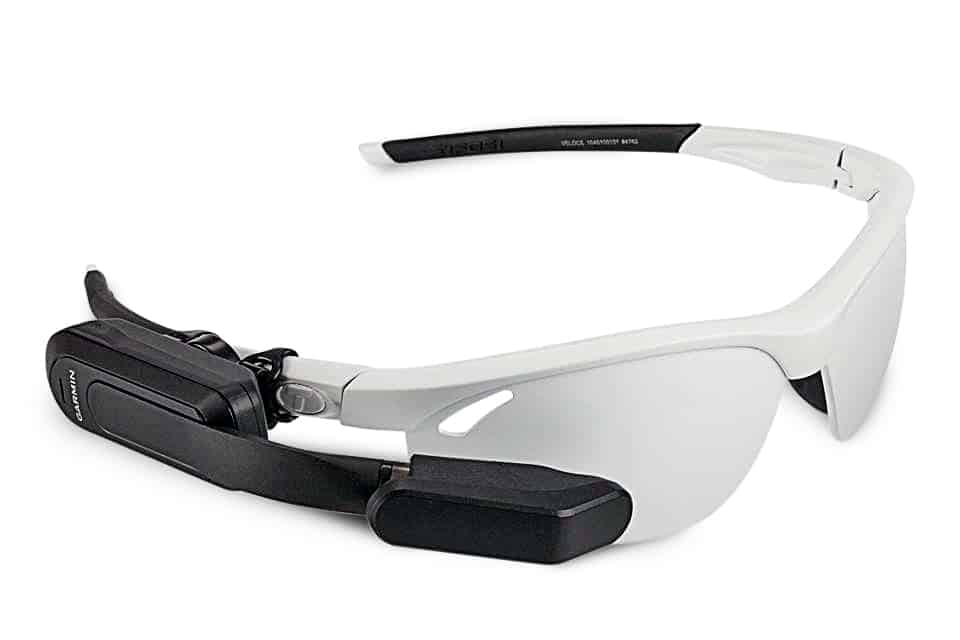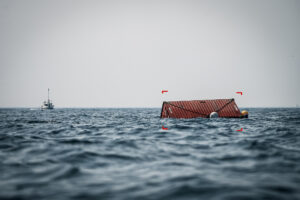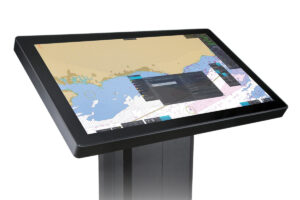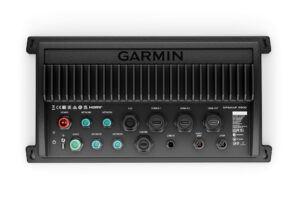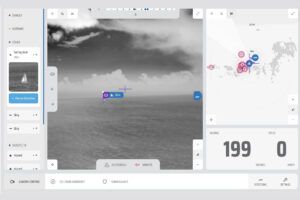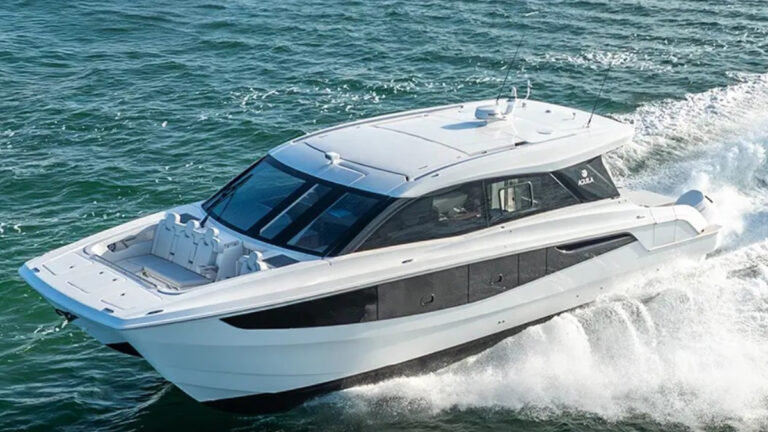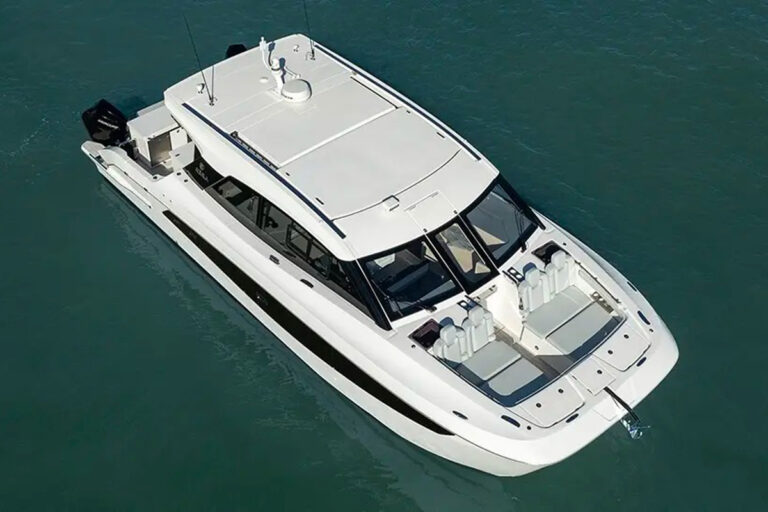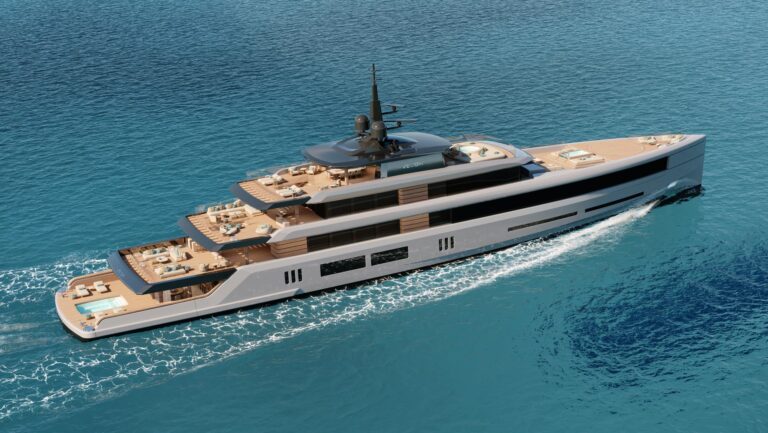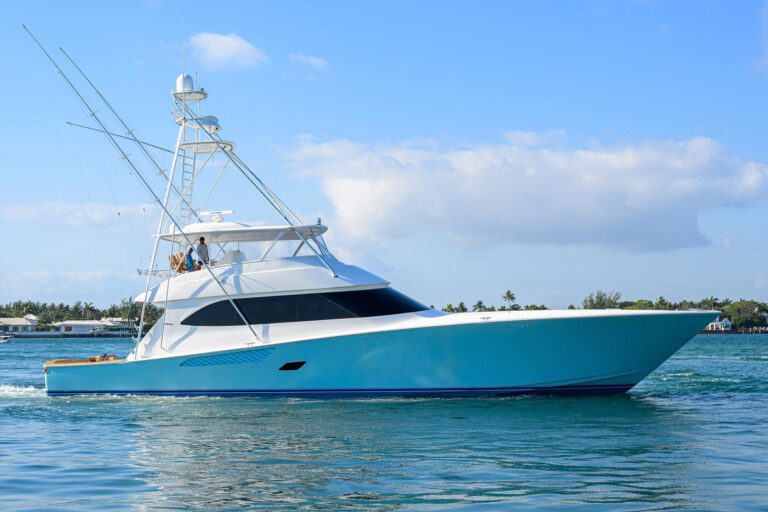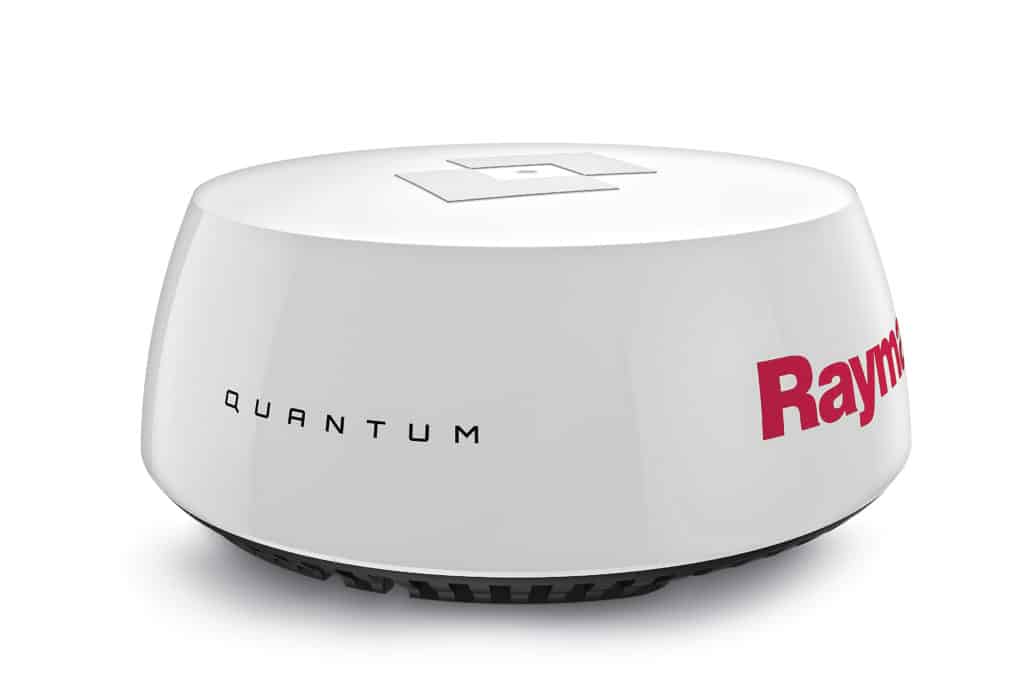
Radar Chirping
CHIRP sonar technology can offer enhanced target separation of objects in the water column compared to traditional dual-frequency sounders. Raymarine has brought this technology above the waterline with its Quantum CHIRP radar ($1,599). Much like CHIRP sounders, it uses pulse-compression technology and FLIR’s ATX advanced target-separation technology to offer enhanced imaging when operating at both short and long ranges. This compact, Wi-Fi-enabled radar installs with a single power cable (an Ethernet version is also available) and offers a range scale of 18 feet to 24 nautical miles. Quantum’s low-power, solid-state transmitter ensures safe emissions, and its low power-consumption levels (17 watts when transmitting and 7 watts in standby mode) make it an interesting consideration for yachts as a backup radar.
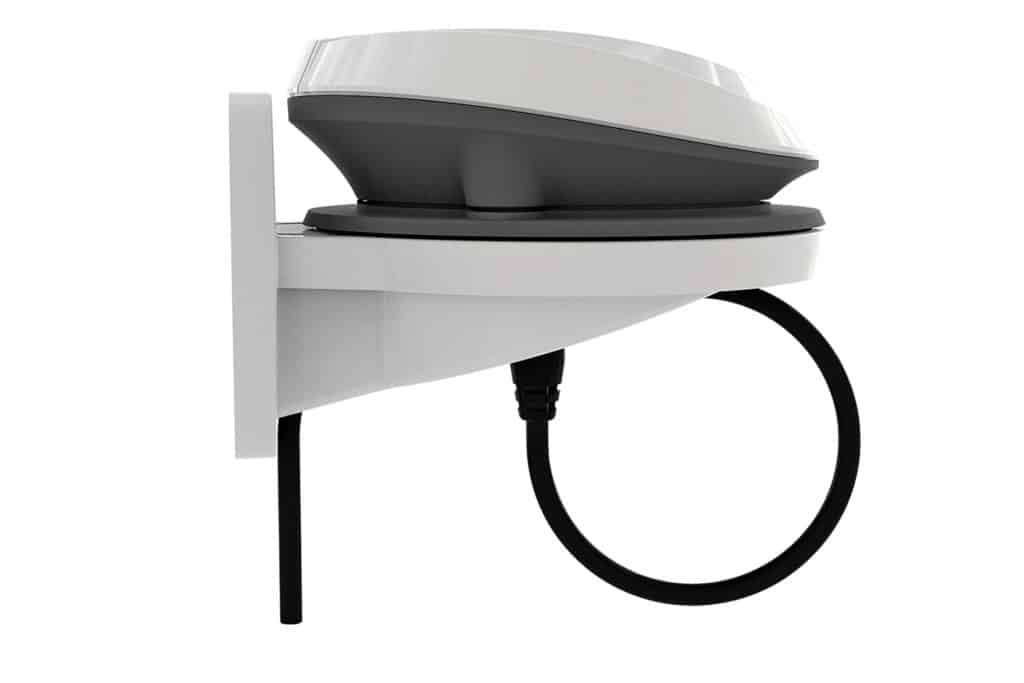
Solid-State Compass
Most autopilot systems relyon networked fluxgate compasses for heading and rate-of-turn information, but these compasses can struggle in big seas or sharp turns. Simrad’s Precision-9 Compass ($645) employs a solid-state sensor array that measures movement along nine axes to calculate heading and rate-of-turn information that’s immune to pitching and rolling. It offers a pitch and roll range of ±45 degrees, and, once calibrated, its heading information is accurate to ±2 degrees. A single-cable installation lets the compass share data over the vessel’s NMEA 2000 data backbone with networked instrumentation or navigational systems.
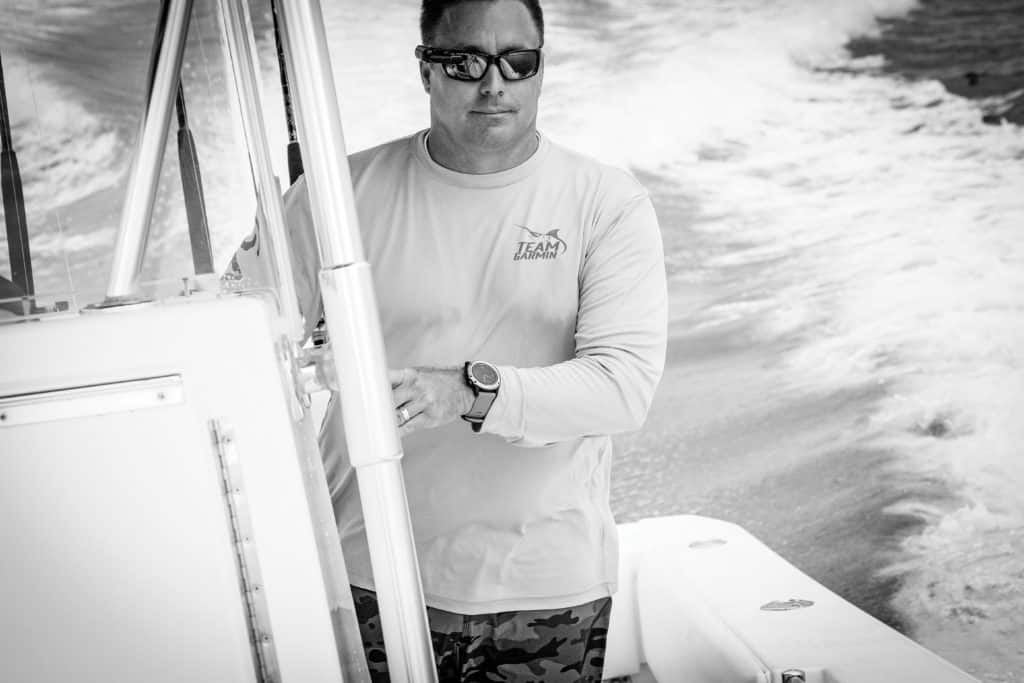
Streaming Vision
The faster one travels over water, the greater the need for real-time information. Garmin’s Nautix ($399) head-up display attaches to either leg of most glasses and displays data on an adjustable eyepiece screen. Nautix also wirelessly tethers to select Garmin multifunction devices to display real-time vessel system and instrumentation data, including engine rpm, boat speed and compass information. Users can customize up to 12 color-graphic pages. Anglers will appreciate water depth and temperature pages, while racing sailors will focus on advanced starting-line features.
